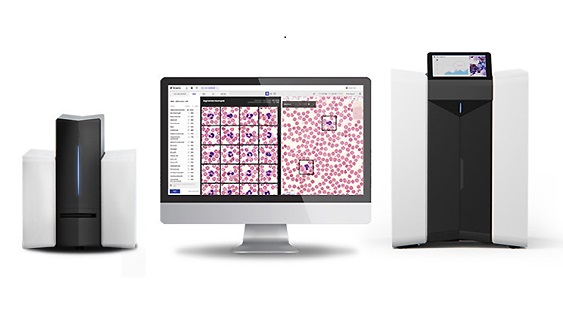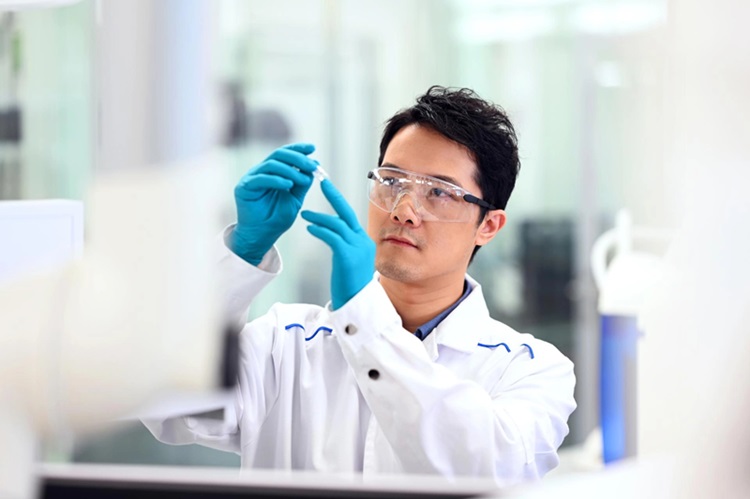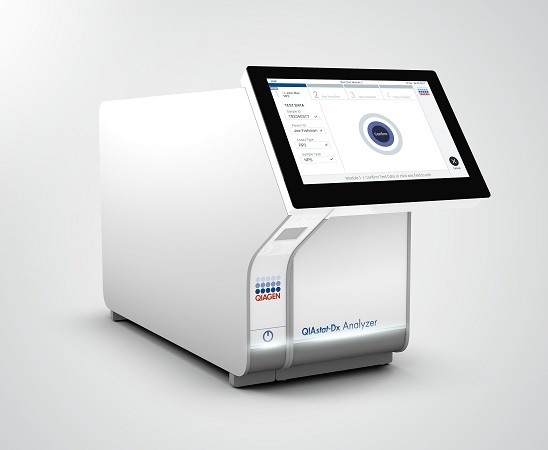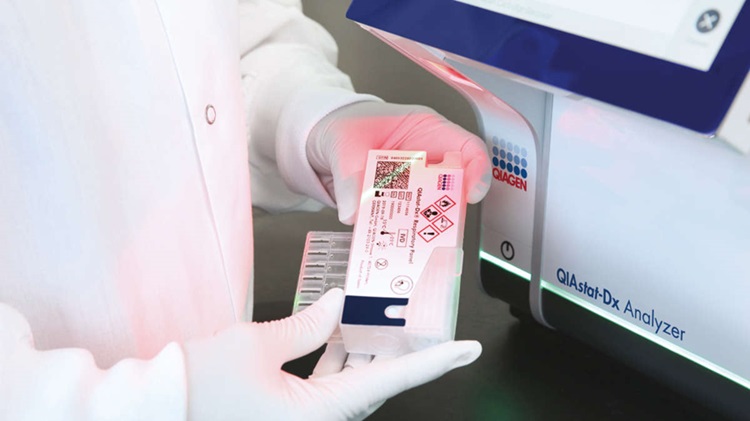Expo
view channel
view channel
view channel
view channel
view channel
view channel
view channel
view channel
Clinical Chem.Molecular DiagnosticsHematologyImmunologyMicrobiologyPathology
Industry
Events

- Screening Tool Detects Multiple Health Conditions from Single Blood Drop
- Integrated Chemistry and Immunoassay Analyzer with Extensive Assay Menu Offers Flexibility, Scalability and Data Commutability
- Rapid Drug Test to Improve Treatment for Patients Presenting to Hospital
- AI Model Detects Cancer at Lightning Speed through Sugar Analyses
- First-Ever Blood-Powered Chip Offers Real-Time Health Monitoring
- Light-Induced Immunoassay Selectively Detects Coronavirus Spike Proteins In 5 Minutes
- Simple Blood Test Detects ALS with 98% Accuracy
- Blood Test Predicts Risk for Developing COPD and Other Severe Respiratory Diseases
- Newly Identified Biomarkers to Pave Way for SIDS Screening Test
- First Ever Molecular Diagnostic Tool Could Enable Early Diagnosis of Inflammatory Diseases in Children
- Blood Platelet Score Detects Previously Unmeasured Risk of Heart Attack and Stroke
- Automated Benchtop System to Bring Blood Testing To Anyone, Anywhere
- New Hematology Analyzers Deliver Combined ESR and CBC/DIFF Results in 60 Seconds
- Next Generation Instrument Screens for Hemoglobin Disorders in Newborns
- First 4-in-1 Nucleic Acid Test for Arbovirus Screening to Reduce Risk of Transfusion-Transmitted Infections
- Simple Blood Test Identifies Multiple Myeloma Patients Likely to Benefit from CAR-T Immunotherapy
- Portable Device Analyzes White Blood Cell Activity to Monitor Cancer Patients’ Health
- New Test Detects Return of Blood Cancer a Year Earlier
- Universal Blood Test Could Predict Organ Transplant Outcomes with Unprecedented Accuracy
- AI Tool Predicts Cancer Patients’ Response to Immunotherapy
- AST System Delivers Actionable Results for Gram-Negative Bacteria Directly from Positive Blood Cultures
- Ultra-Rapid Culture-Free Sepsis Test Reduces Testing Time from Days to Hours
- New Rapid Method for Determining Virus Infectivity Could Revolutionize Response to Future Pandemics
- Novel Molecular Test to Help Prevent and Control Multi Drug-Resistant Fungal Pathogen in Healthcare Settings
- Innovative C. Difficile Diagnostic Test Provides Both GDH and Toxin Results within 30 Minutes
- Roche Expands Digital Pathology Open Environment with Integration of Advanced AI Algorithms from New Collaborators
- Qiagen and Eli Lilly to Develop First QIAstat-Dx IVD Panel for Neurodegenerative Applications
- QIAGEN and AstraZeneca Expand Collaboration into New Disease Areas
- MEDICA 2024 + COMPAMED 2024: Adapted Hall Layout for Better Integration
- Global Coagulation Testing Driven by Increasing Blood Disorders and Surgical Interventions
- Gene Panel Predicts Disease Progession for Patients with B-cell Lymphoma
- New Method Simplifies Preparation of Tumor Genomic DNA Libraries
- New Tool Developed for Diagnosis of Chronic HBV Infection
- Panel of Genetic Loci Accurately Predicts Risk of Developing Gout
- Disrupted TGFB Signaling Linked to Increased Cancer-Related Bacteria
- Super-Resolution Imaging Detects Parkinson's 20 Years Before First Motor Symptoms Appear
- New Technology for Sampling Body Liquids in Confined Spaces to Enable Early Cancer Detection
- New Technology Holistically Images Deep Living Tissue for The First Time
- New Molecular Sensor Enables Fluorescence Imaging for Assessing Sarcoma Severity
- New Biology Lab Tools Speed Up Tumor Dissection

Expo
 view channel
view channel
view channel
view channel
view channel
view channel
view channel
view channel
Clinical Chem.Molecular DiagnosticsHematologyImmunologyMicrobiologyPathology
Industry
Events
Advertise with Us
view channel
view channel
view channel
view channel
view channel
view channel
view channel
view channel
Clinical Chem.Molecular DiagnosticsHematologyImmunologyMicrobiologyPathology
Industry
Events
Advertise with Us


- Screening Tool Detects Multiple Health Conditions from Single Blood Drop
- Integrated Chemistry and Immunoassay Analyzer with Extensive Assay Menu Offers Flexibility, Scalability and Data Commutability
- Rapid Drug Test to Improve Treatment for Patients Presenting to Hospital
- AI Model Detects Cancer at Lightning Speed through Sugar Analyses
- First-Ever Blood-Powered Chip Offers Real-Time Health Monitoring
- Light-Induced Immunoassay Selectively Detects Coronavirus Spike Proteins In 5 Minutes
- Simple Blood Test Detects ALS with 98% Accuracy
- Blood Test Predicts Risk for Developing COPD and Other Severe Respiratory Diseases
- Newly Identified Biomarkers to Pave Way for SIDS Screening Test
- First Ever Molecular Diagnostic Tool Could Enable Early Diagnosis of Inflammatory Diseases in Children
- Blood Platelet Score Detects Previously Unmeasured Risk of Heart Attack and Stroke
- Automated Benchtop System to Bring Blood Testing To Anyone, Anywhere
- New Hematology Analyzers Deliver Combined ESR and CBC/DIFF Results in 60 Seconds
- Next Generation Instrument Screens for Hemoglobin Disorders in Newborns
- First 4-in-1 Nucleic Acid Test for Arbovirus Screening to Reduce Risk of Transfusion-Transmitted Infections
- Simple Blood Test Identifies Multiple Myeloma Patients Likely to Benefit from CAR-T Immunotherapy
- Portable Device Analyzes White Blood Cell Activity to Monitor Cancer Patients’ Health
- New Test Detects Return of Blood Cancer a Year Earlier
- Universal Blood Test Could Predict Organ Transplant Outcomes with Unprecedented Accuracy
- AI Tool Predicts Cancer Patients’ Response to Immunotherapy
- AST System Delivers Actionable Results for Gram-Negative Bacteria Directly from Positive Blood Cultures
- Ultra-Rapid Culture-Free Sepsis Test Reduces Testing Time from Days to Hours
- New Rapid Method for Determining Virus Infectivity Could Revolutionize Response to Future Pandemics
- Novel Molecular Test to Help Prevent and Control Multi Drug-Resistant Fungal Pathogen in Healthcare Settings
- Innovative C. Difficile Diagnostic Test Provides Both GDH and Toxin Results within 30 Minutes
- Roche Expands Digital Pathology Open Environment with Integration of Advanced AI Algorithms from New Collaborators
- Qiagen and Eli Lilly to Develop First QIAstat-Dx IVD Panel for Neurodegenerative Applications
- QIAGEN and AstraZeneca Expand Collaboration into New Disease Areas
- MEDICA 2024 + COMPAMED 2024: Adapted Hall Layout for Better Integration
- Global Coagulation Testing Driven by Increasing Blood Disorders and Surgical Interventions
- Gene Panel Predicts Disease Progession for Patients with B-cell Lymphoma
- New Method Simplifies Preparation of Tumor Genomic DNA Libraries
- New Tool Developed for Diagnosis of Chronic HBV Infection
- Panel of Genetic Loci Accurately Predicts Risk of Developing Gout
- Disrupted TGFB Signaling Linked to Increased Cancer-Related Bacteria
- Super-Resolution Imaging Detects Parkinson's 20 Years Before First Motor Symptoms Appear
- New Technology for Sampling Body Liquids in Confined Spaces to Enable Early Cancer Detection
- New Technology Holistically Images Deep Living Tissue for The First Time
- New Molecular Sensor Enables Fluorescence Imaging for Assessing Sarcoma Severity
- New Biology Lab Tools Speed Up Tumor Dissection



















.jpg)
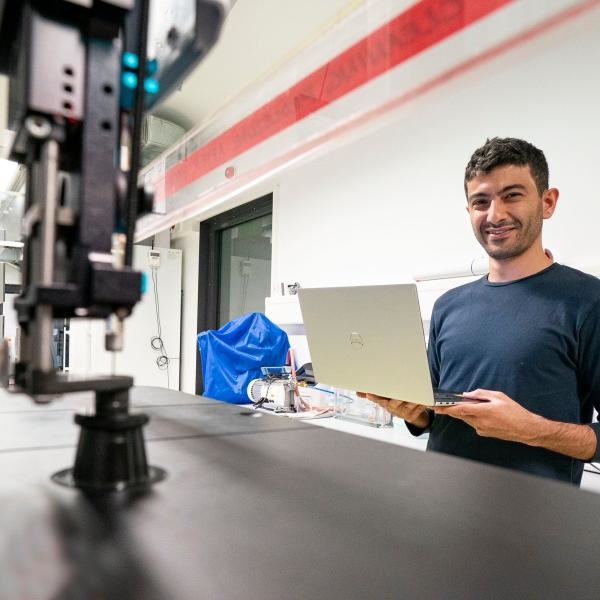
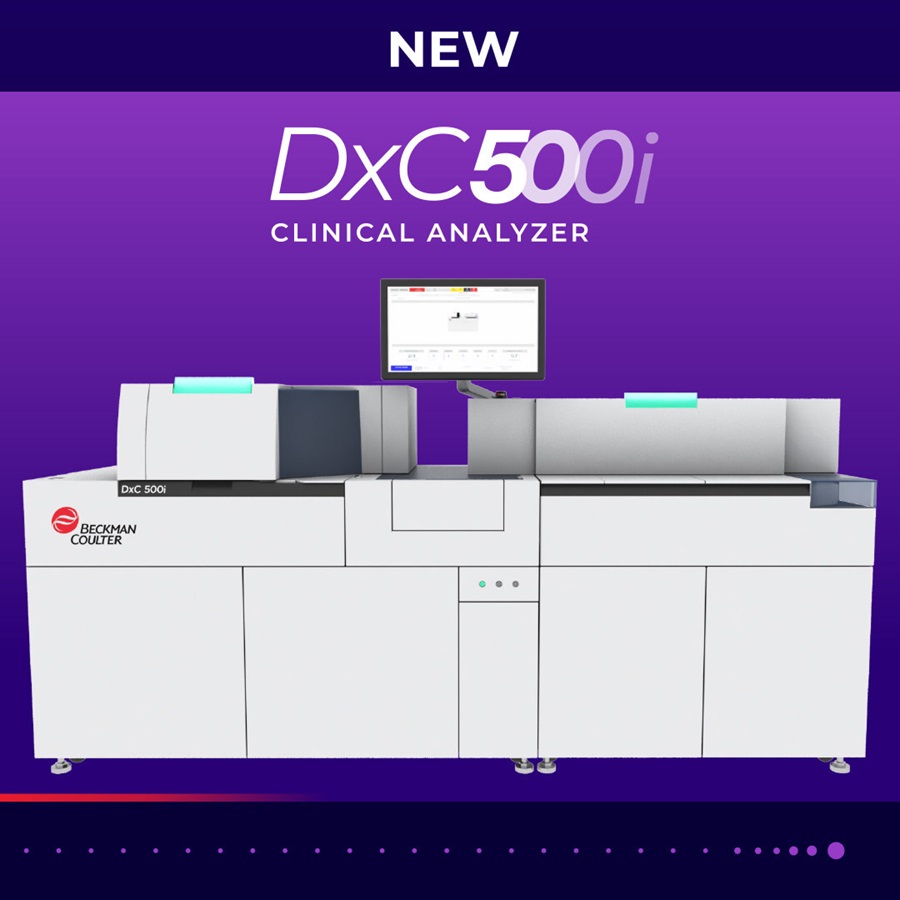
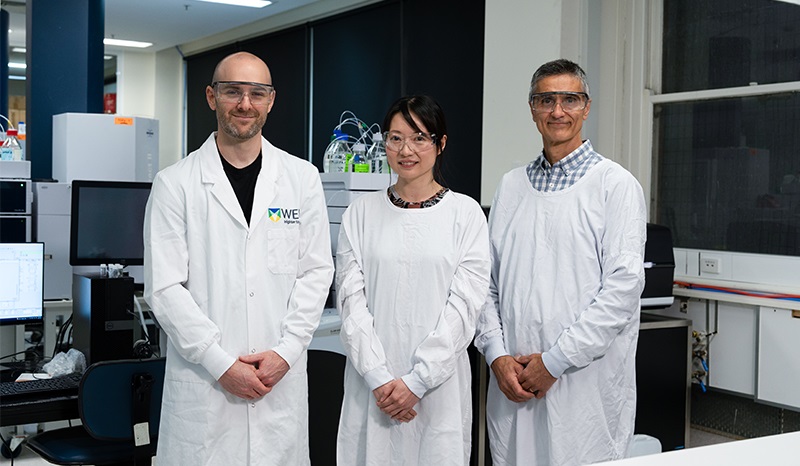
_1.jpeg)
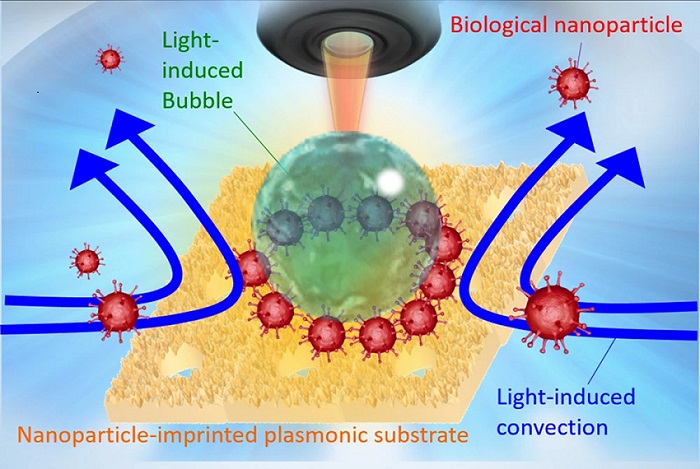

.jpeg)
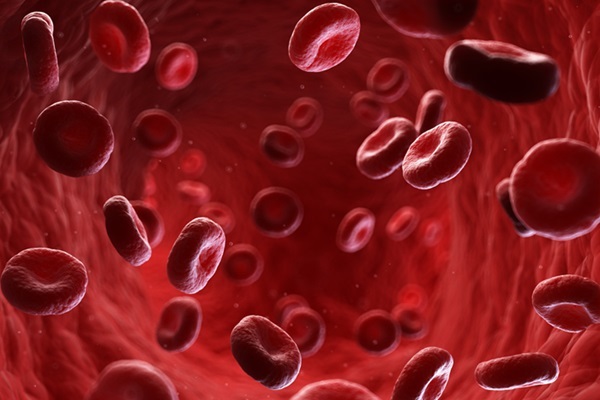
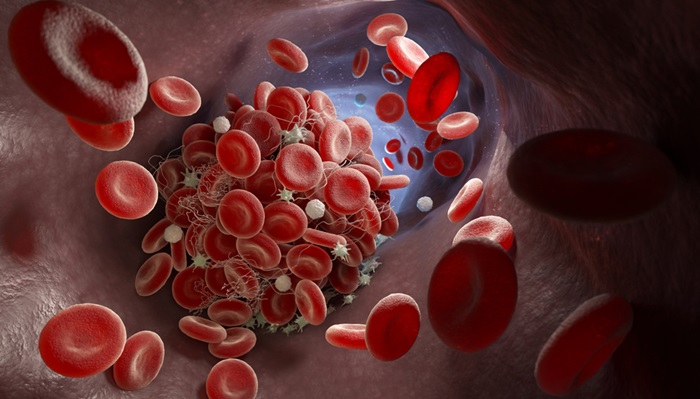
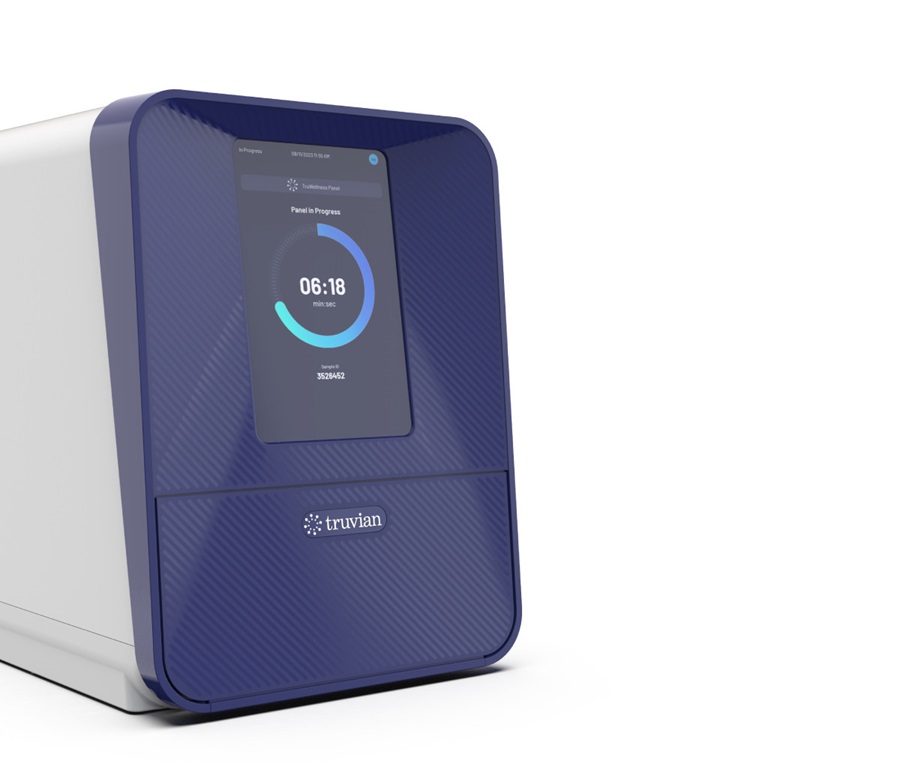
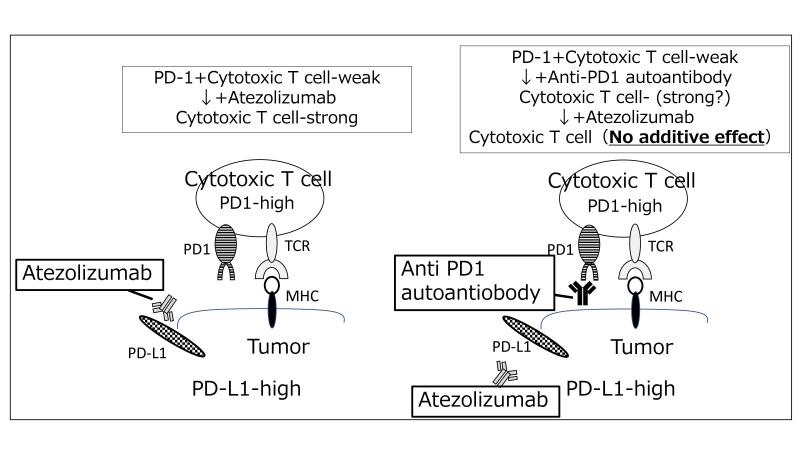
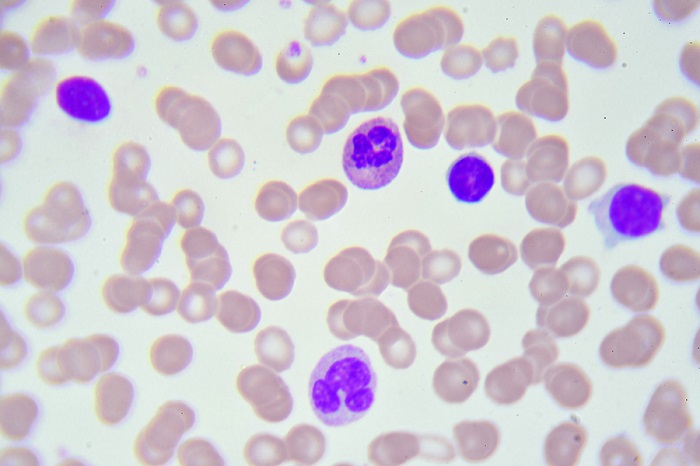



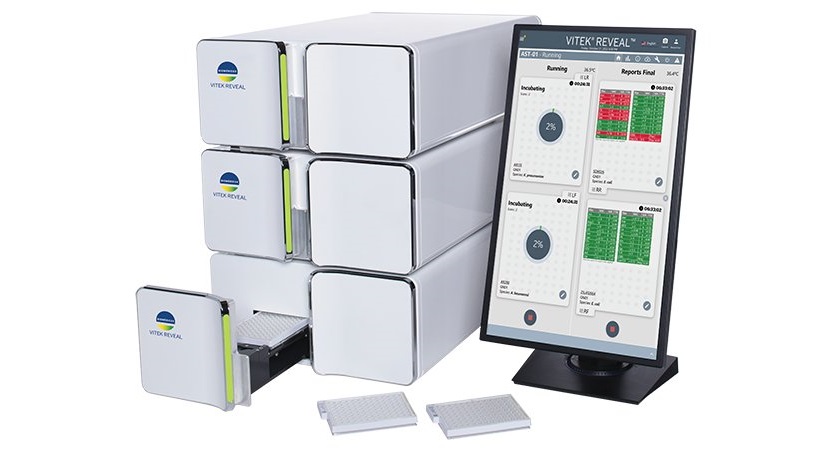
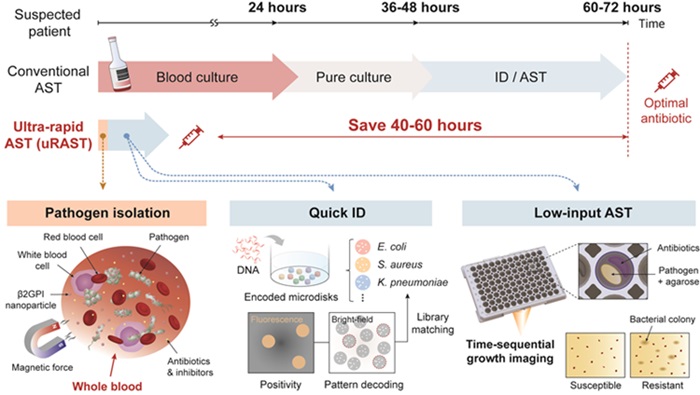

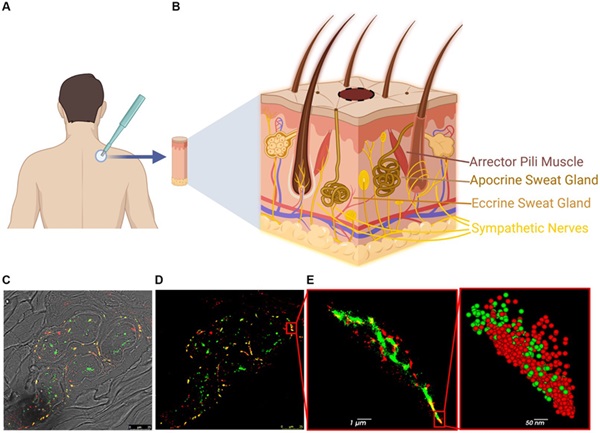
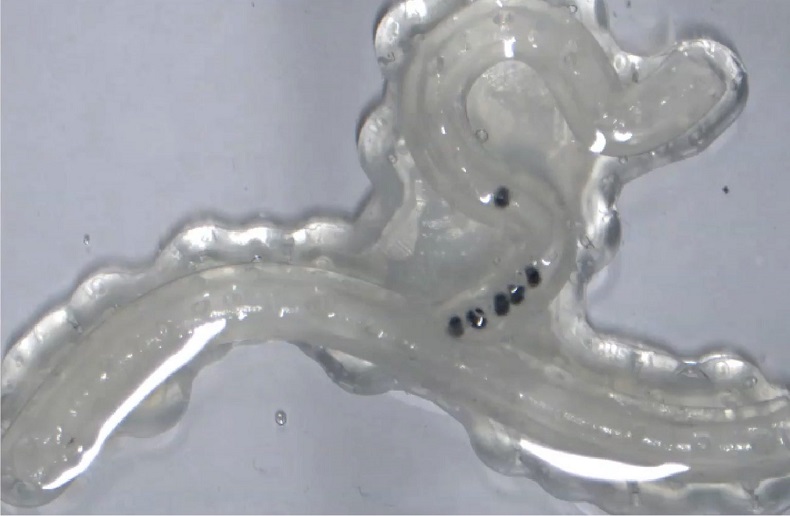
.jpeg)
